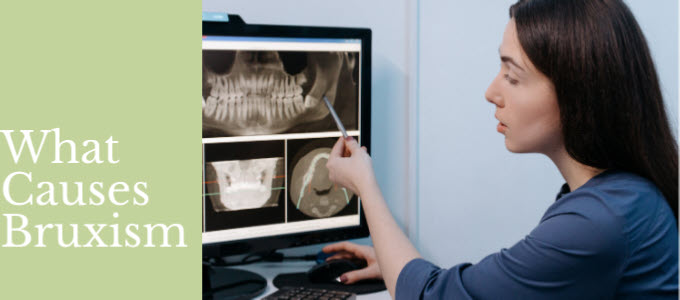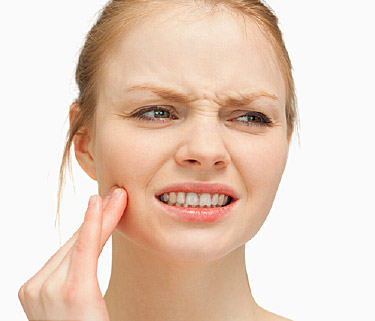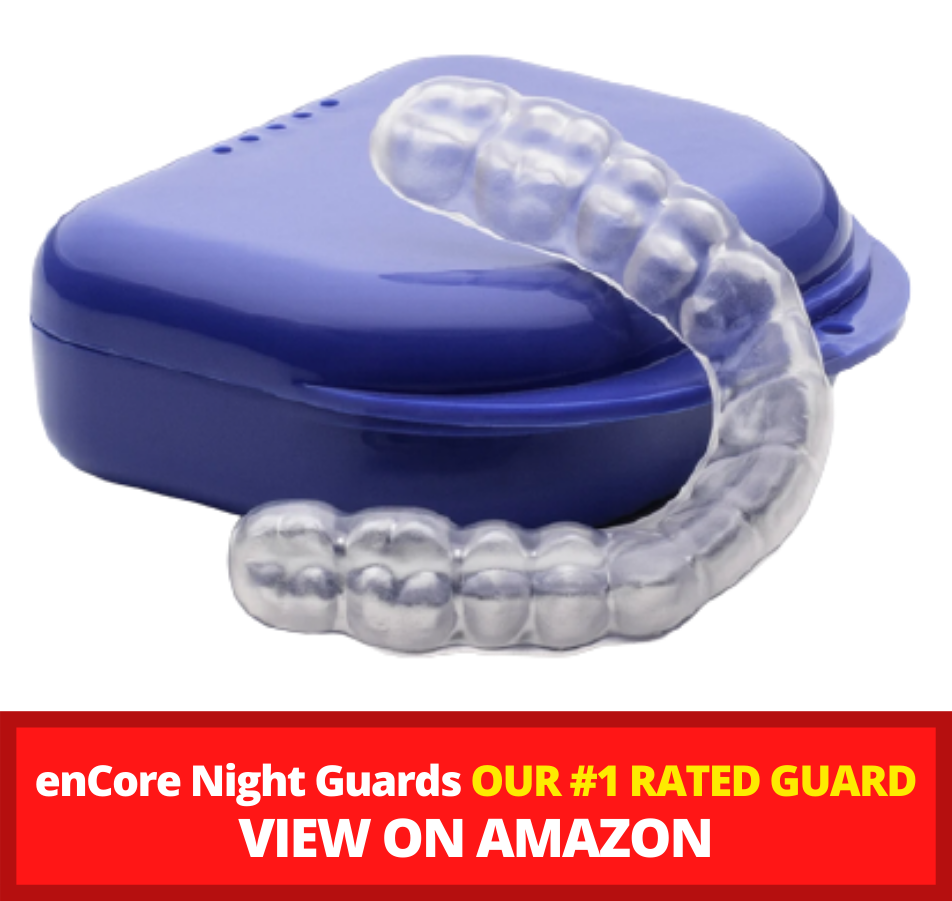Table of Contents

The condition where one consciously or unconsciously grinds their teeth is known as bruxism. The clenching of teeth affects about 30% of kids, especially when they are asleep. If your child has bruxism you are likely to hear the sound of teeth clenching when sleeping. In some children, they might also experience the condition when they are awake. This mostly happens when they feel restless or stressed (1).
It might be stressful when you notice your child has bruxism, but this is a condition that typically will eventually stop when your child grows. It will happen when they lose their milk teeth. Though the crushing of the teeth does not cause any harm, if done on a regular basis, it can cause the teeth to be spoilt. Thus, this will lead to you getting other oral complications.
There are also some adults who have bruxism and if so, it is best to understand the condition and how to manage it. That way, you will avoid damaging your teeth. Learn more about Bruxism and the best way you can manage the condition.
Is Your Bruxism Out Of Control?
Some people will have a mild movement of their teeth and if that is the case, this is not something to be worried about. However, there is another group of people who have severe bruxism. These people usually have frequent jaw disorders, damaged teeth, and other complications.
In case you notice your bruxism is out of control, the best way to handle this is by seeking treatment before the situation gets out of control. However, if you have bruxism that occurs at night, you might not know it until you see some symptoms.
Signs That You Have Bruxism
- Teeth clenching that can be loud to wake up someone sleeps next to you
- Worn out enamel that exposes deep layers of your teeth
- Flattened, fractured, or loose teeth
- Dull headaches
- Sleep disruption
- Face soreness
- Damage from chewing in the teeth
- Increase in pain sensitivity
When Is The Right Time To See A Doctor?
In case you notice any of the symptoms mentioned above, then it means it is time for you to seek treatments.
If you notice that your child is grinding their teeth, then you should also take them to see a health care provider.

What Causes Bruxism?
Doctors might not always know what causes bruxism. However, when you visit the health care provider, they will take the time to understand your condition and what causes the complication.
For your health care provider to determine the cause of bruxism, they will need to ask you some questions about your health, prescriptions, routine, and sleep habits. They will also need to gauge the extent of the bruxism condition. To do this, they might have to check the;
- Tenderness level in the jaw muscles
- Dental abnormalities
- Other damages that might happen in your teeth
- A dental exam
Is It Possible To Treat Bruxism?
In some children, bruxism is a natural process of growth and unless you notice that it is extreme, there might be no reason to seek treatment. The worst type of grinding teeth is the one caused by stress. This is a condition that can affect both children and adults.
- Mouth Guards
Though there are no drugs or therapies that can be used to stop the grinding of the teeth, you can take control of the situation by learning about some ways you can manage the condition. One of the ways you can get treated by visiting your dentist to give you a nightguard. That will help you prevent the teeth from getting excessive force during the grinding episode.
The splints will cover the teeth and the mouth and thus reduce the side effects of the grinding. You can choose one that covers a few teeth or one that will cover the entire upper or lower teeth.
- Stress Reduction
In case it is the stress that is causing Bruxism, inquire from your doctor about some medications that you can use to prevent stress. High levels of stress can contribute to bruxism whether you are awake or asleep. Thus, this is the reason you should take steps to manage the stress. If so, you will naturally have reduced teeth grinding.
The best way to reduce stress is to avoid going into situations that might cause you stress. But that is not entirely possible. If you meet with a stressful situation, you need to find a suitable approach to manage the condition. Some techniques you can use are refraining from negative thoughts, improving sleep, talking to a therapist, improving your hygiene, and using relaxation techniques. If so, you will find that you will fall asleep more easily.
- Medications
Another way you can use to manage the condition is by taking medications. The drug will work by altering the brain chemicals to lessen the activity of the muscle that is involved in teeth grinding. The other medication that can help with muscle movement is botox. The botox medication can be used to limit muscle movement and has been known to show some effectiveness.
However, the medications might have some side effects and should not be taken for an extended period. Thus, you should ensure you have talked to a health care expert to help you out. If so, you will understand the benefits and the side effects of taking the medications.
Living with Bruxism
In case you are looking for ways to manage the condition by yourself, here are some pointers you can use.
The best way that you can do this is by avoiding gums or foods that can cut down on the painful jaw movements. If possible apply a hot compress of an ice pack to help you relieve the pain.
The other way that you can use to prevent bruxism is facial exercises. When you do the facial exercise you will prevent tension in the muscles and that will help you reduce the tension. Ask a doctor for the best exercises to help you manage the condition.
Avoid excess chewing, if possible stick to chewing foods only. Chewing gum can trigger the condition and it is best if you can avoid chewing. If possible avoid eating chewy food like bagels, steak, and nuts.


